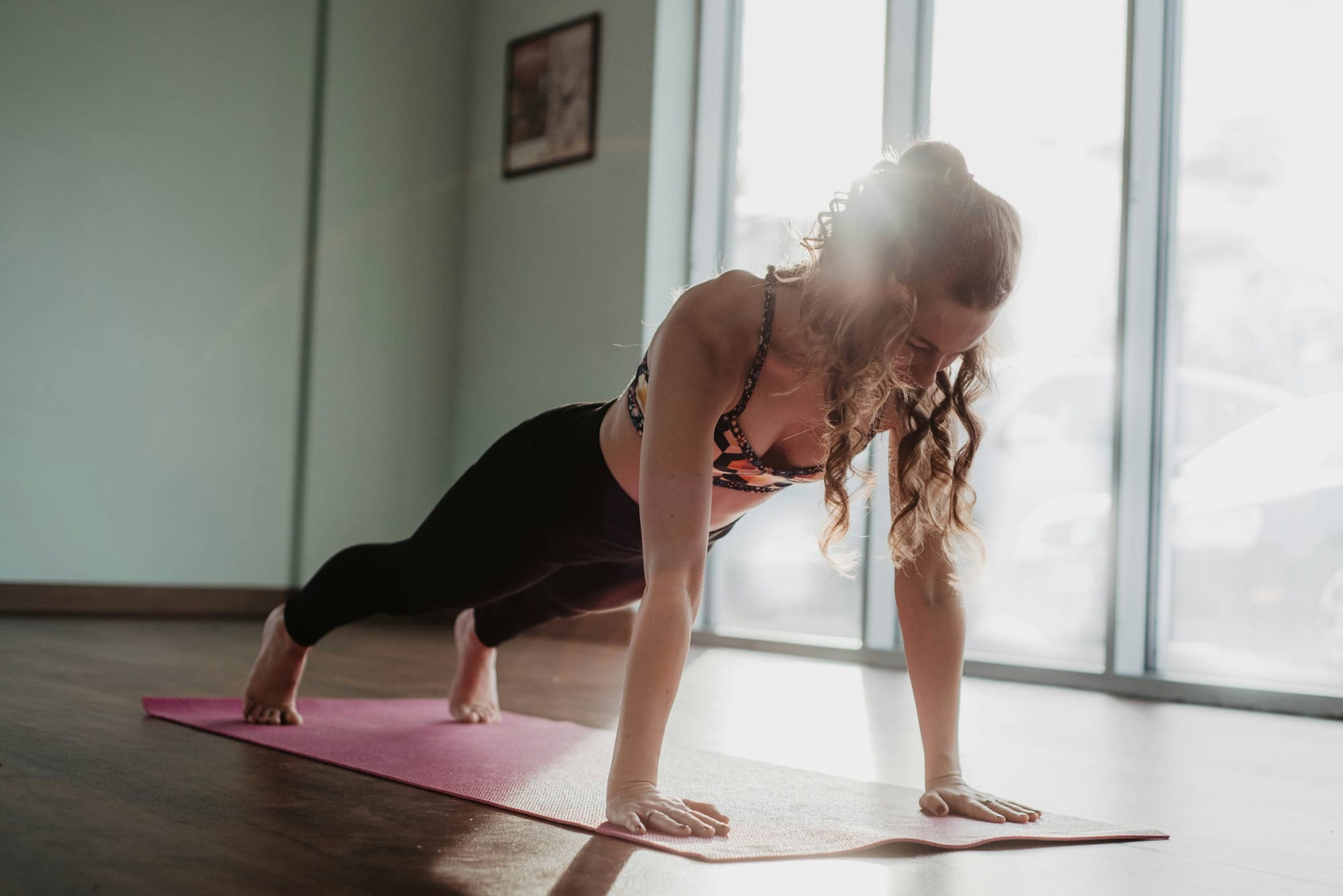Chase Hard Things

Some lessons and insights will need to be re-taught or re-learned over and over in someone's life, and doing hard things is one of them.
In terms of my own personal growth, I credit most of the initial change to this very thing: purposefully chasing and completing hard things.
However, along the way, regardless of how impactful this had once been, and continued to be, it’s something that I have had to keep reminding myself of countless times since, including recently.
In today's world, if you want to do hard things, you’re probably going to have to look for them. It can be very easy to survive today: if you want food, order it. If you need to make money, you can do so from your home.
Therefore, doing hard things is a conscious effort, which can make it hard to stick to, and considering that comfort is always available, there will more than likely come a time when you, too, will need the reminder.
If this is true for you, or you’re hearing this idea for the first time, this is why you should chase hard things.
Growth
It is very easy to see discomfort as a negative; after all, if it’s hard, why do it?
If something is hard and or challenging, by definition, you’re leaving your comfort zone.
The comfort zone is comfortable for a reason: because you’ve been there before, you’ve done it before.
The comfort zone feels nice, it’s familiar, but that’s exactly why you should attempt to leave it.
Remaining in one's comfort zone is a decision to stop growing; if nothing is new, nothing changes, and you cannot grow. The problem is, human beings also cannot remain the same; we’re a living creature that’s always evolving, so if we’re not getting better in some way, we’re getting worse.
So, to put it simply, if you’re not frequently experiencing discomfort or doing hard things, then you must be declining in some way, whether it be health, mental clarity, skill, cognition, emotional regulation, mental toughness, etc.
Whenever you find yourself seeking comfort, remind yourself of the comfort zone, and remember that remaining there means death.
This doesn’t mean never doing something comfortable or easy; this is for the times in your life when comfort becomes a little too convenient to avoid. As I said, we’ve optimised as a society towards ease, and without conscious effort, remaining in our comfort zone is inevitable, so a reminder of what’s at stake is necessary.
Increasing Capacity
I think it would be pretty difficult to disagree with the statement that life will always find a way to force someone through a challenging time. Essentially, by being alive, you’re agreeing to go through turmoil.
Therefore, a relevant question might be, what makes someone more equipped than others to deal with such instances?
When it comes to resilience or mental strength, I find it almost impossible to imagine how this can be a pre-determined factor in one's life; therefore, something along the way increases someone's capacity to deal with challenging times.
You see this all the time: the person who has a rough childhood tends to be a lot ‘stronger’ than someone who didn’t, but considering we can’t go back in time and force our parents to treat us badly, nor would we want to, how can we now build some mental strength?
I think you know where this is going; by voluntarily doing hard things, you subsequently increase your capacity to handle the involuntary hard times that life throws at you.

This doesn’t mean that if you take cold showers every day, a difficult life situation won’t impact you at all. It means that by taking a cold shower every day, you’re impacted less by difficult life situations and have an increased ability to deal with them competently.
A cold shower is just an example, and can be replaced by any other difficult, voluntary activity.
What Are You Made Of?
To accomplish anything, you first have to believe you’re capable of doing so; otherwise, are you even going to try?
The issue is, how are you going to believe you’re capable of achieving something difficult if you never actually do anything difficult?
Self-belief is evidence, and if you’re going to believe you can achieve your goals, you have to build a catalogue of evidence that suggests you can do so.
This catalogue can realistically only be built by putting oneself through voluntary discomfort, as your goals, too, are voluntary.
It’s much easier to push yourself through involuntary challenges; after all, you don’t have a choice. However, when difficulty arises in situations that you’re responsible for, it can make you question your goals altogether.
So, you have to choose your discomfort, set daily actions that you can do that are hard, that are beyond the confines of your comfort zone, and that you can increase in difficulty.

